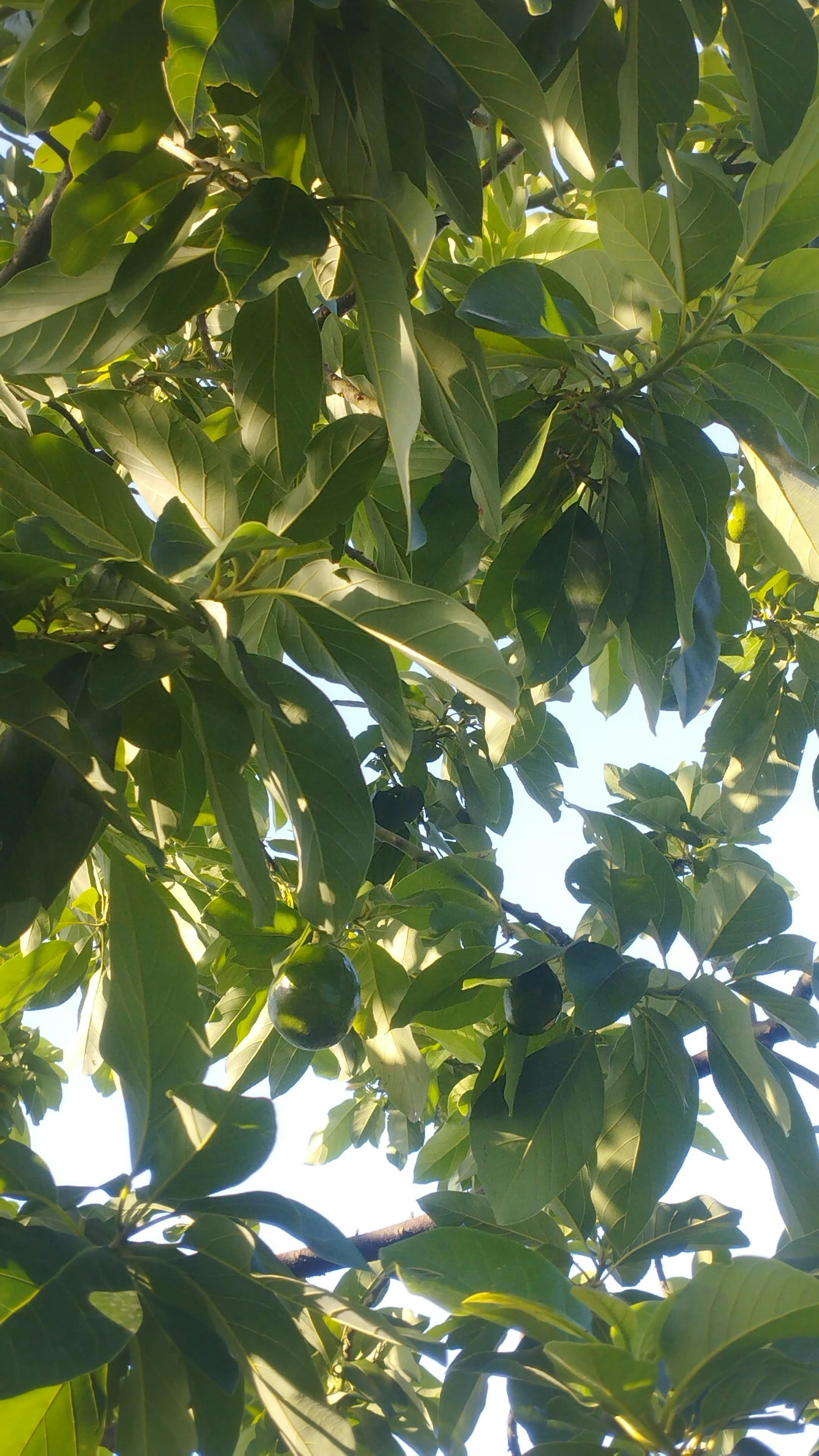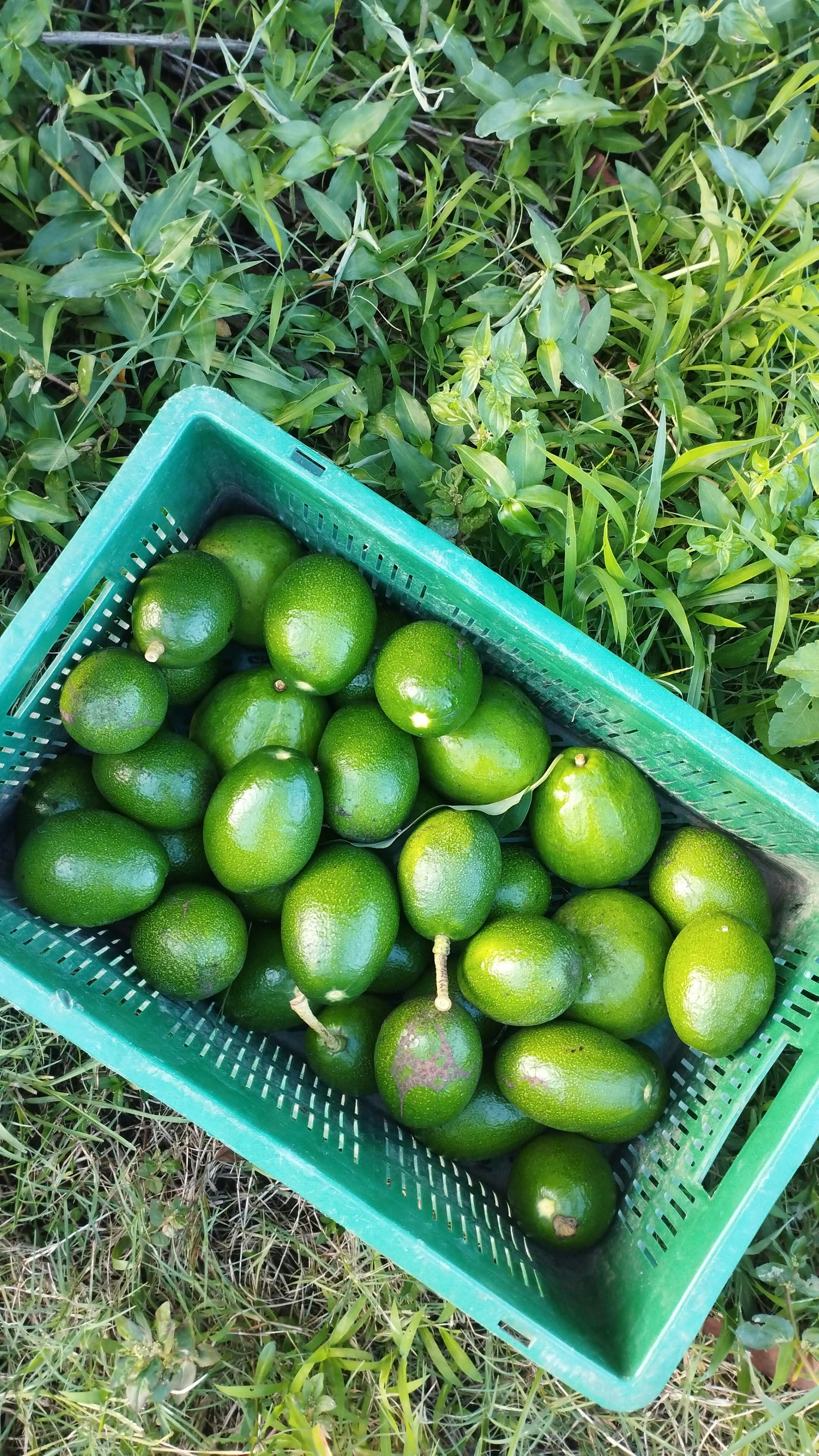lifestyle
The Increasing Demand for Avocado


Four years ago, my parent planted ten avocado trees on our farm. Avocados were getting popular, and demand was starting to rise in the Nepalese market. This year (2025), we celebrate our first harvest from two of those trees.
The Rise of Avocado in Nepal
The transformation has been remarkable. Over the past five years, avocados have gradually started to win over Nepali consumers. It is because of their delicate taste and growing reputation as a superfood. It was once an exotic, rarely-seen fruit, but now it has become increasingly sought after in local markets, restaurants, and households across the country.
This shift in consumer preference hasn't gone unnoticed by farmers. Across Nepal, more and more farmers are being drawn toward avocado cultivation. During the seasonal harvest period, fresh avocados are priced around NPR 300 per kilogram in local markets. But here's where it gets interesting, during off-season months, those same avocados can fetch between NPR 600-700 per kilogram. The consistent demand and premium pricing have made avocado cultivation an attractive alternative to conventional farming practices.
Having a conversation with farmers engaged in Avocado cultivation, they expressed their satisfaction with the market demand. One even shared that he is planning to expand the avocado plantation.

Why Farmers Are Making the Switch?
Several factors are driving this agricultural transition:
•Market Stability: Many traditional crops have faced price volatility, whereas avocados have shown consistent demand and stable pricing trends.
•Premium Pricing: The significant price in both seasonal and off-seasonal periods provides farmers with flexibility in their harvest and sales timing.
•Growing Consumer Awareness: Nepalese consumers are becoming increasingly health-conscious, which has boosted demand for nutrient-rich foods like avocados.
•Relatively Low Maintenance: Avocado trees require less intensive daily management compared to seasonal crops.
•Long-term Investment: Avocado trees are perennial, providing harvests for many years. This makes them an excellent long-term agricultural investment.
